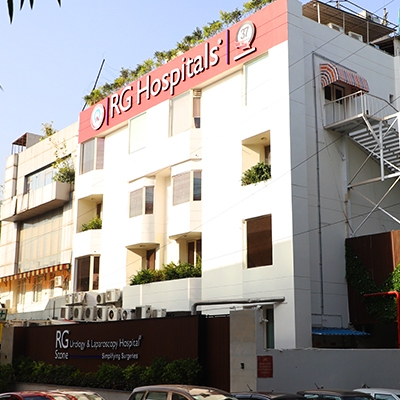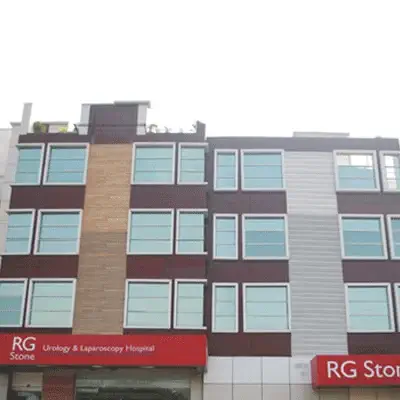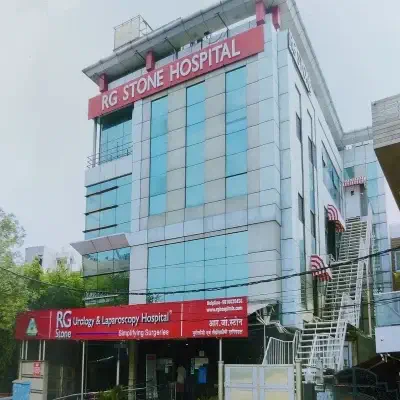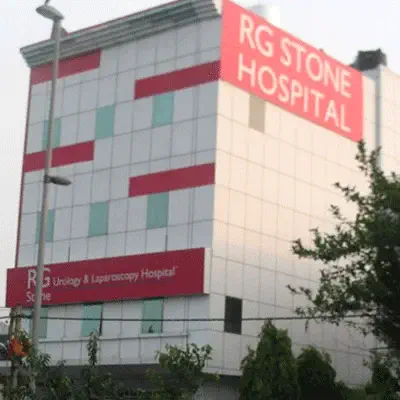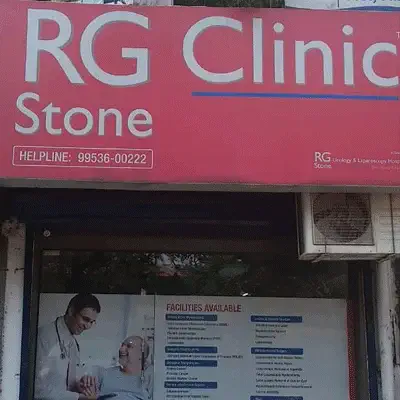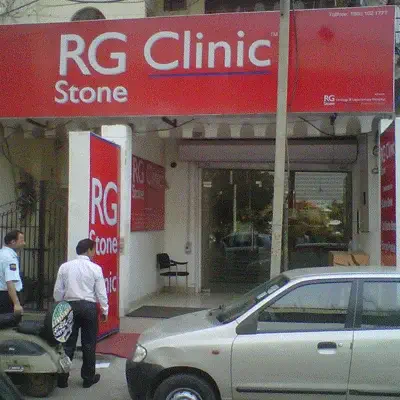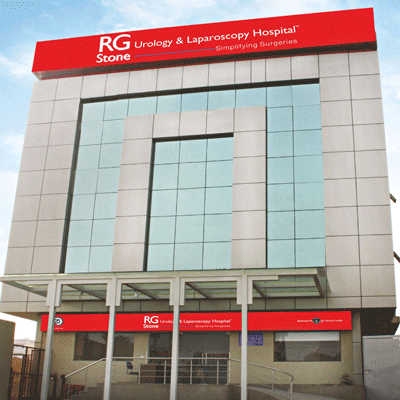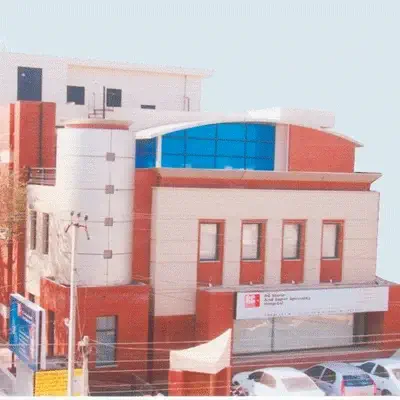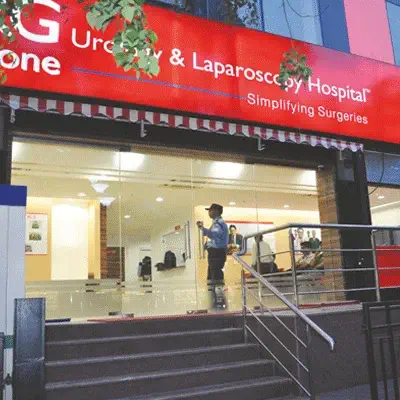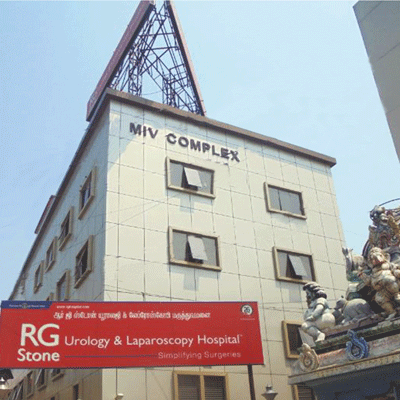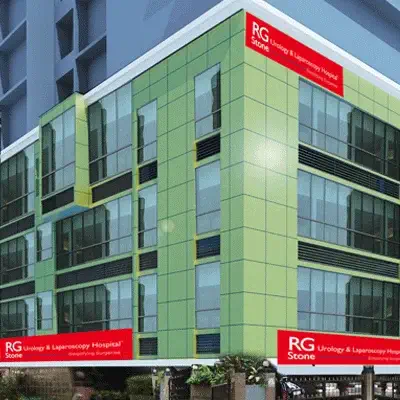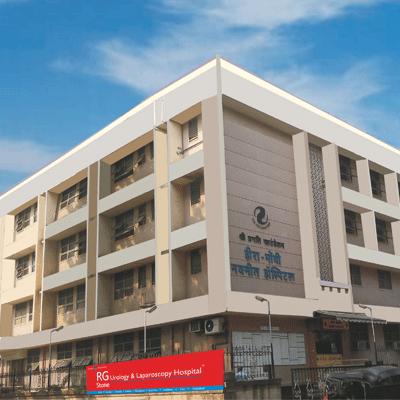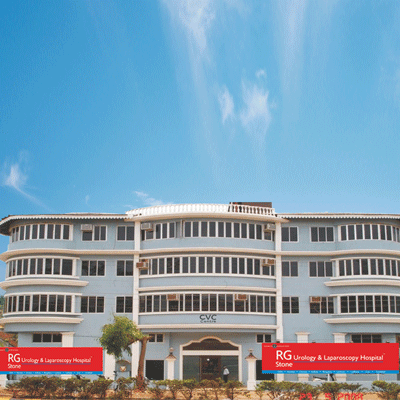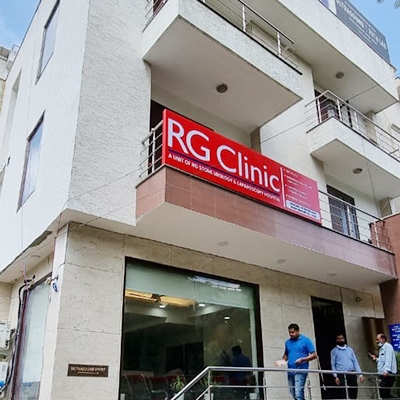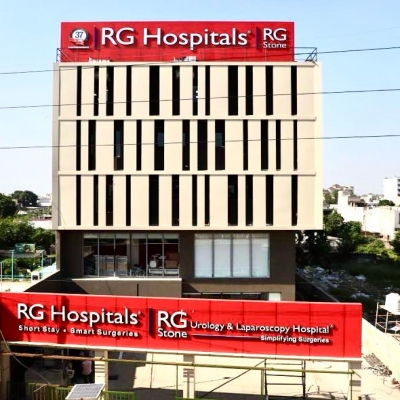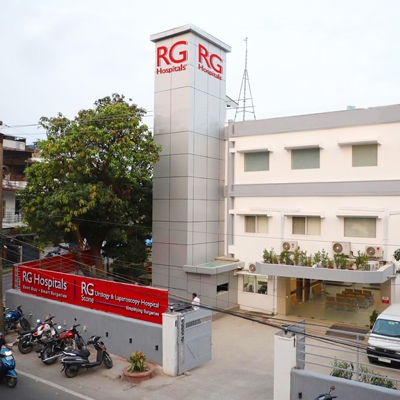Kidney failure can occur suddenly (acute) or gradually over time (chronic). Acute kidney failure usually happens due to sudden events like severe dehydration, an infection, or an obstruction in the urinary tract, while chronic kidney failure results from long-term conditions such as diabetes, high blood pressure, or polycystic kidney disease. Regardless of the type, kidney failure impairs the kidneys’ ability to filter waste from the blood, leading to a dangerous buildup of waste and fluid. Patients with kidney failure experience symptoms such as fatigue, swelling, shortness of breath, and changes in urine. Early diagnosis and proper management are essential to prevent complications like heart failure or even death.
Procedures & Interventions
This procedure involves using a machine to filter waste and extra fluid from the blood when the kidneys can no longer perform this task. A dialysis machine connects to the patient’s body through a surgically created fistula or a catheter. Hemodialysis is performed several times a week in a hospital setting.

This procedure involves using a machine to filter waste and extra fluid from the blood when the kidneys can no longer perform this task. A dialysis machine connects to the patient’s body through a surgically created fistula or a catheter. Hemodialysis is performed several times a week in a hospital setting.




Team of Excellence
Behind every recovery story at RG Hospitals is a team of exceptional doctors whose passion for healing and innovation continues to transform healthcare and redefine patient outcomes.
Find a DoctorLooking for an Expert
RG Hospitals is proud to be the home of some of the world's most distinguished doctors.

Patient Stories
View AllPatient Testimonial | Commitment To Care
Treated by Dr. Manoj Gupta , RG Stone Hospital, Dehradun
- All Locations
- New Delhi
- Haryana
- Punjab
- Kolkata
- Chennai
- Mumbai
- Goa
- Uttar Pradesh
- Uttarakhand


